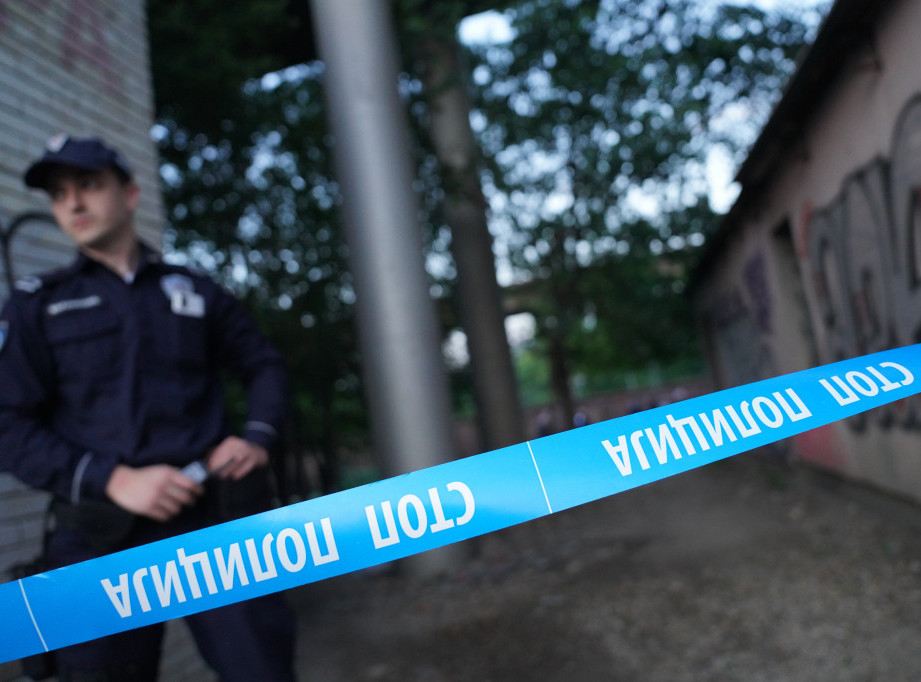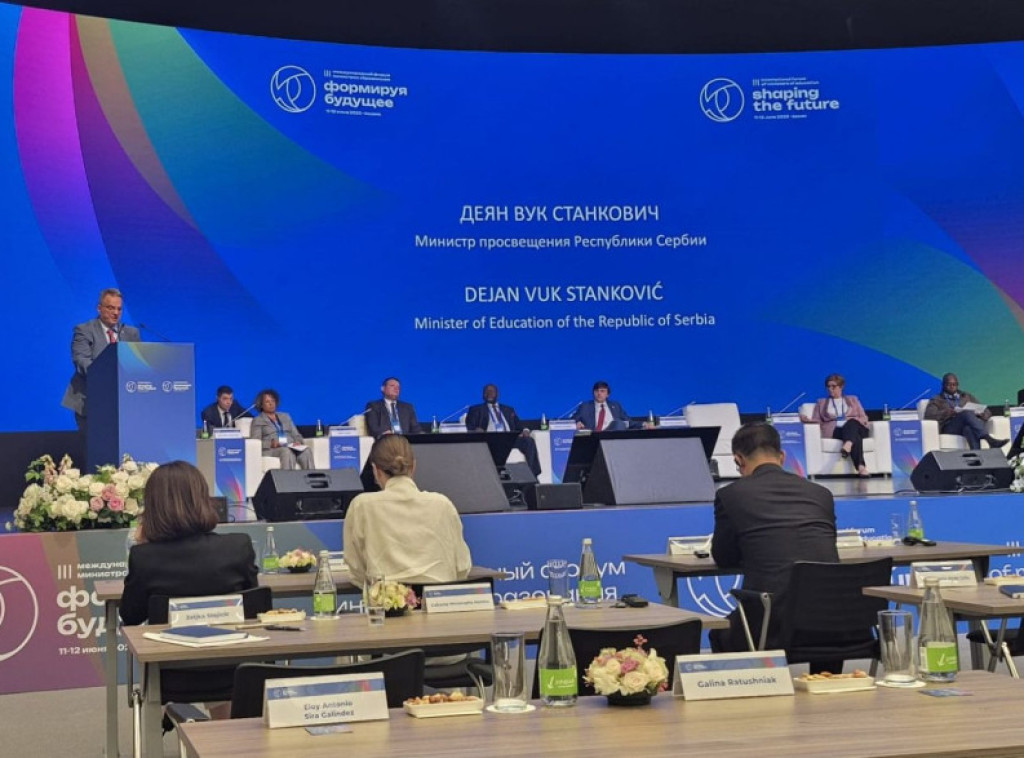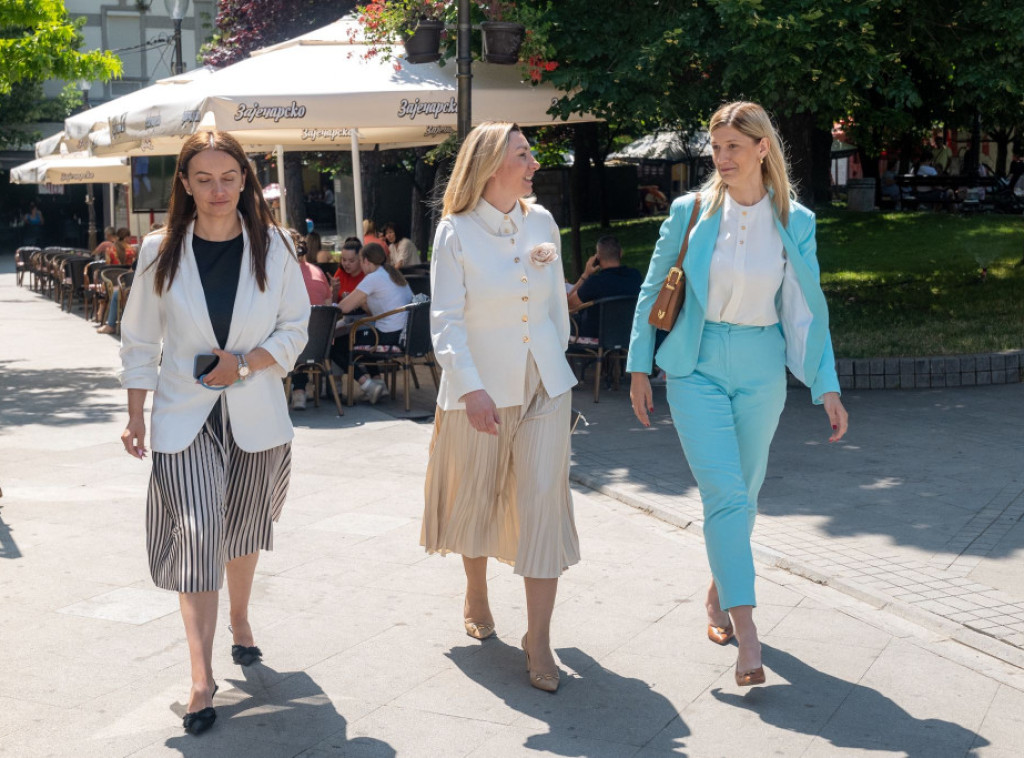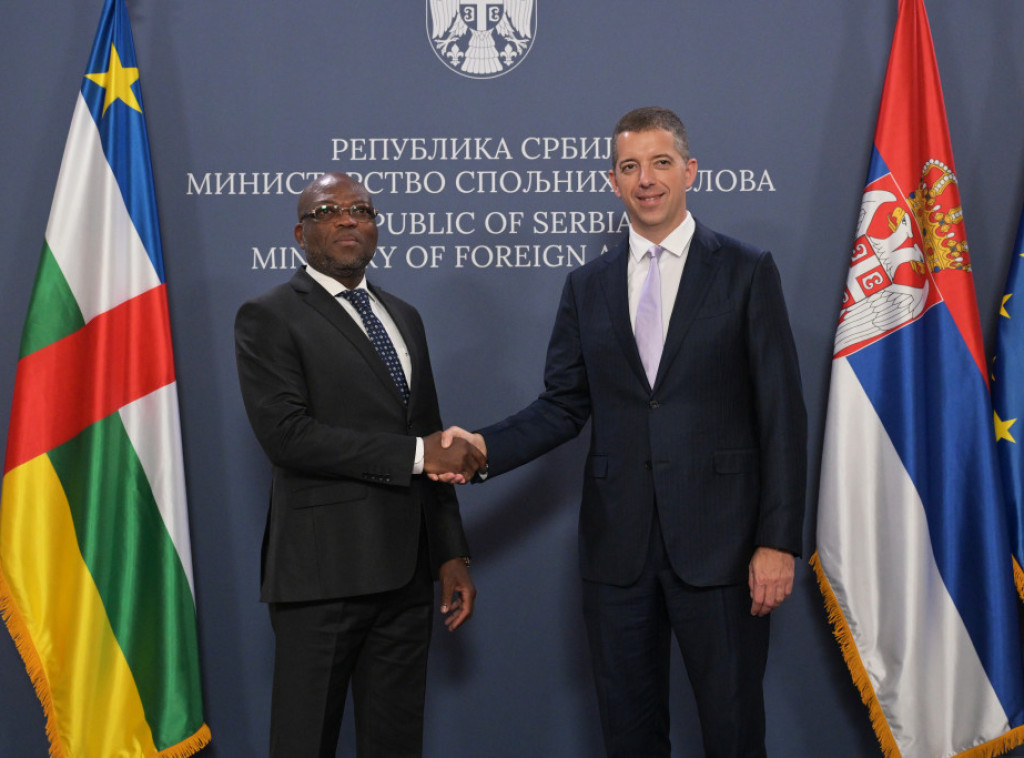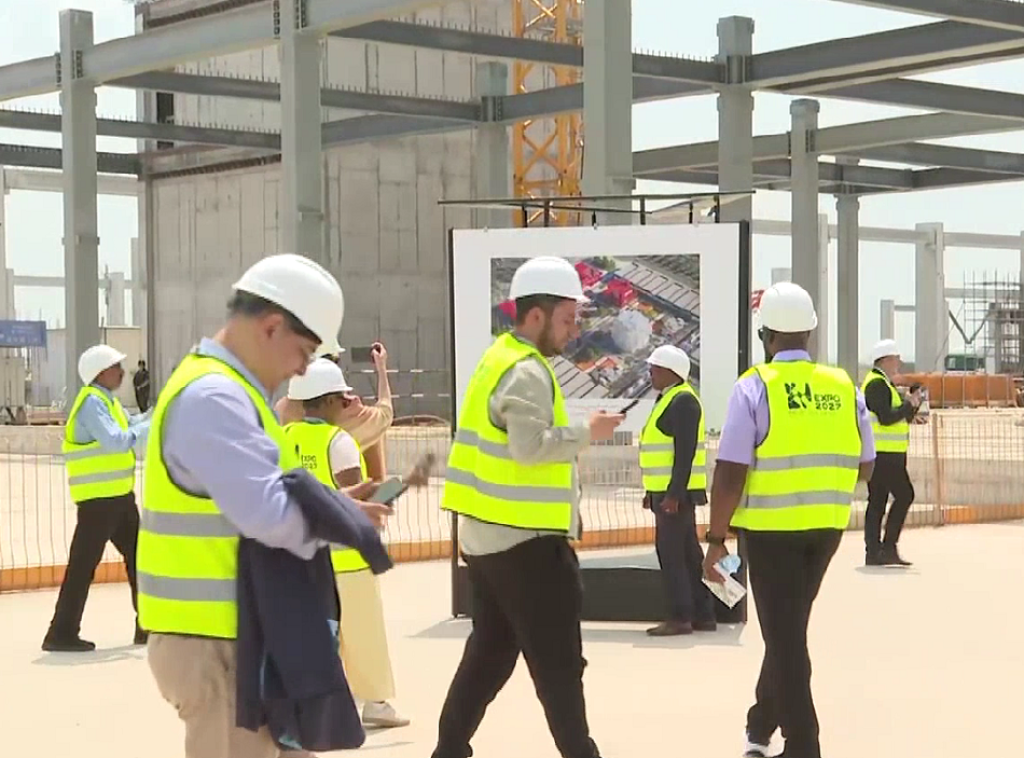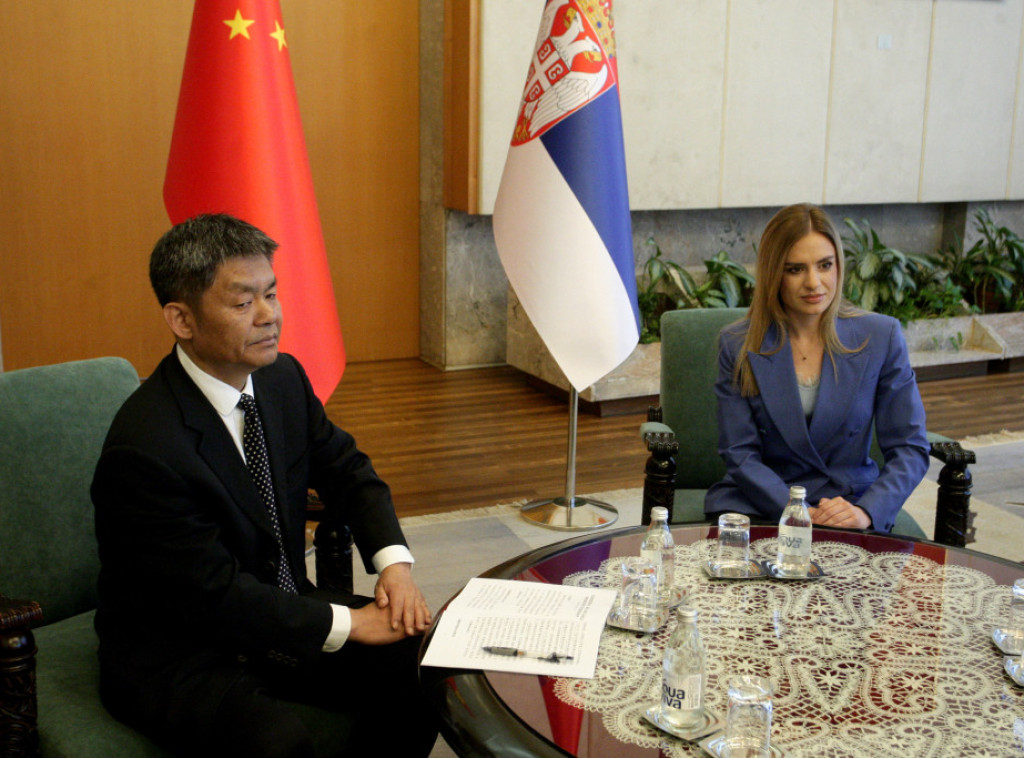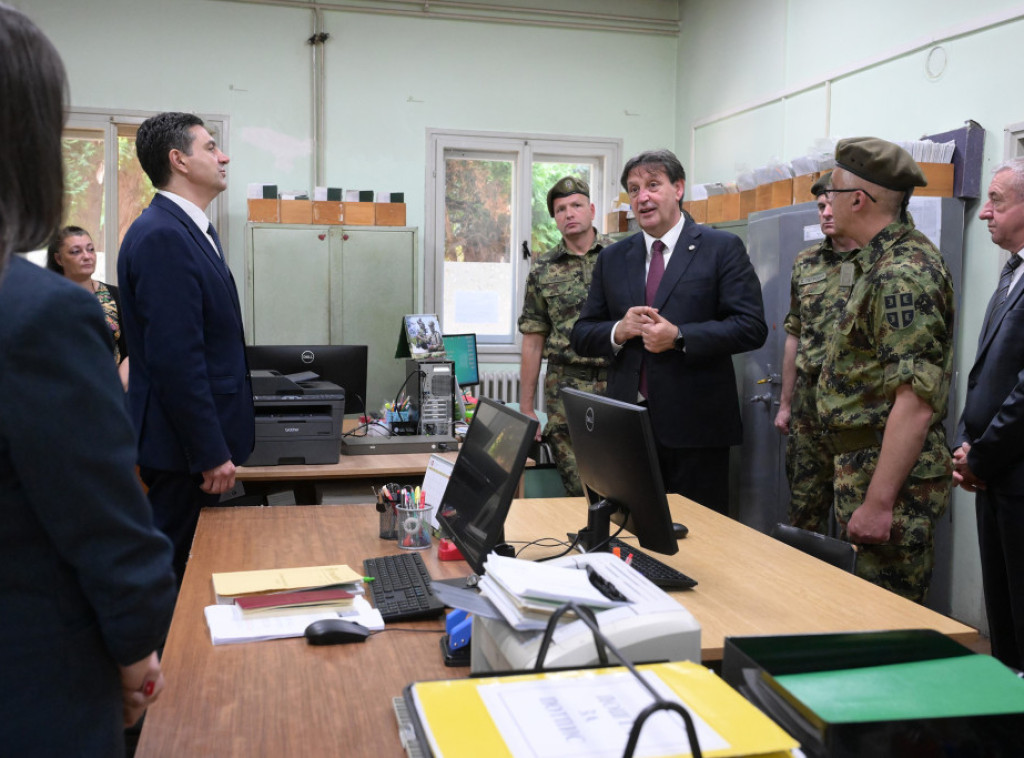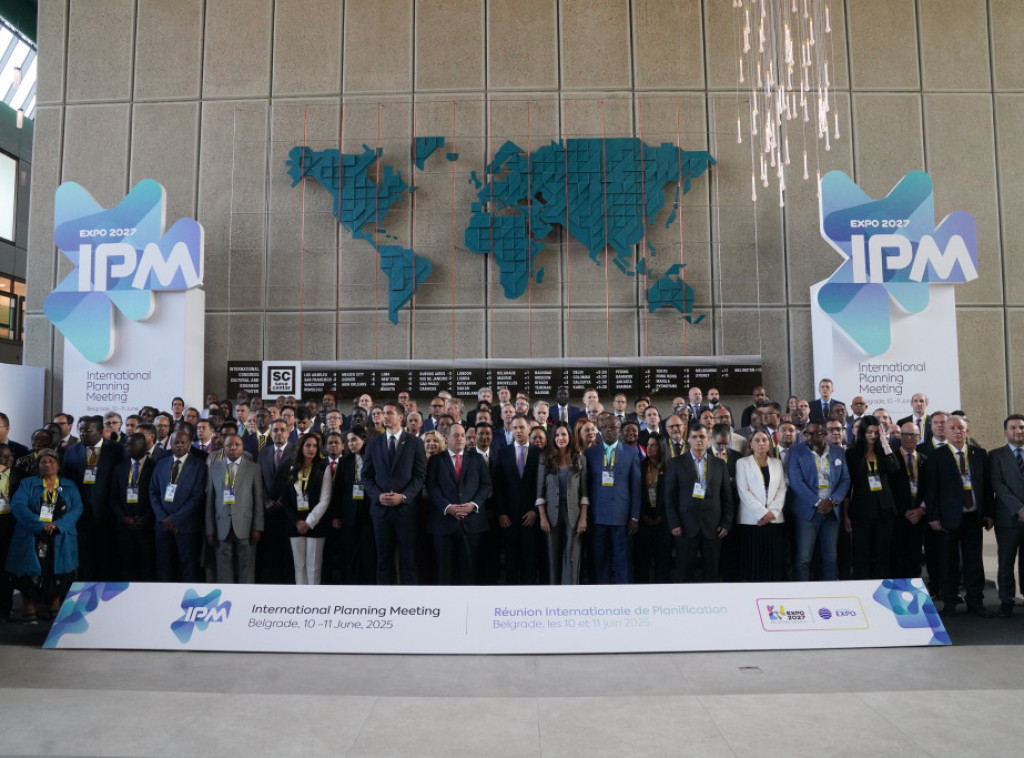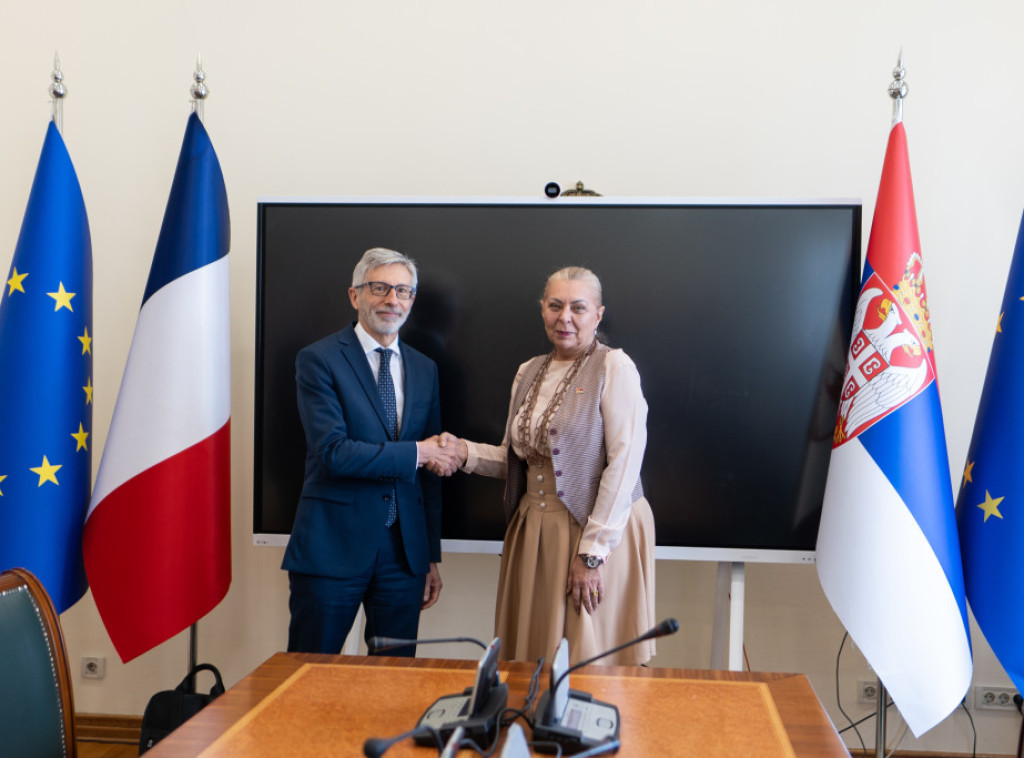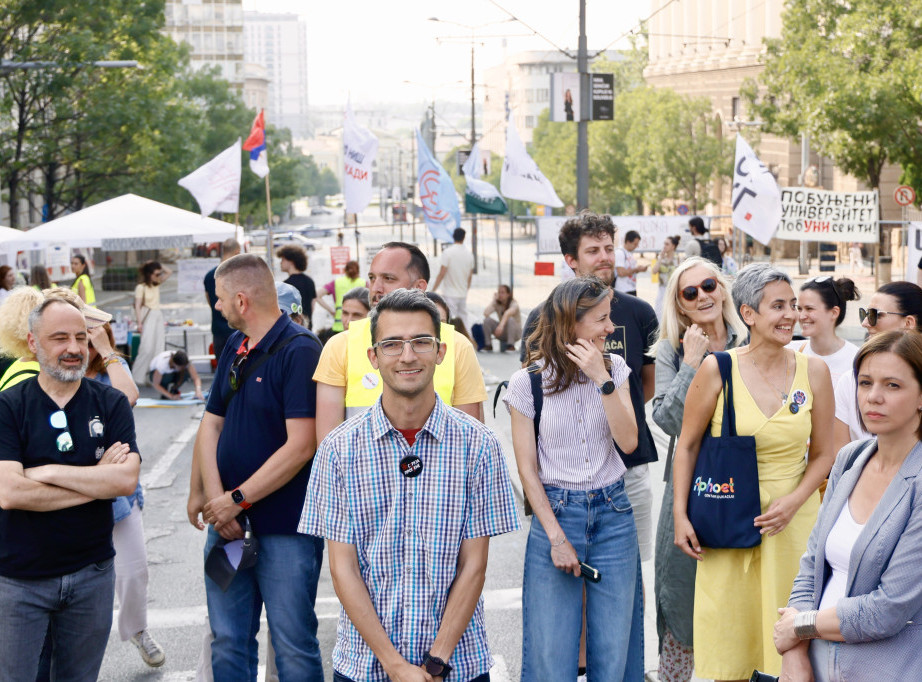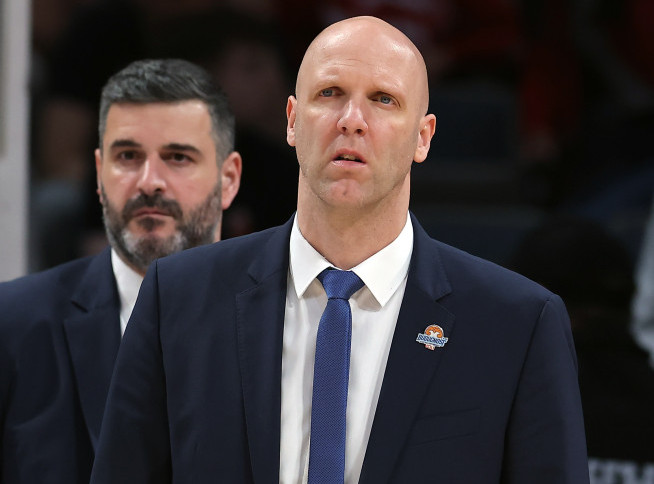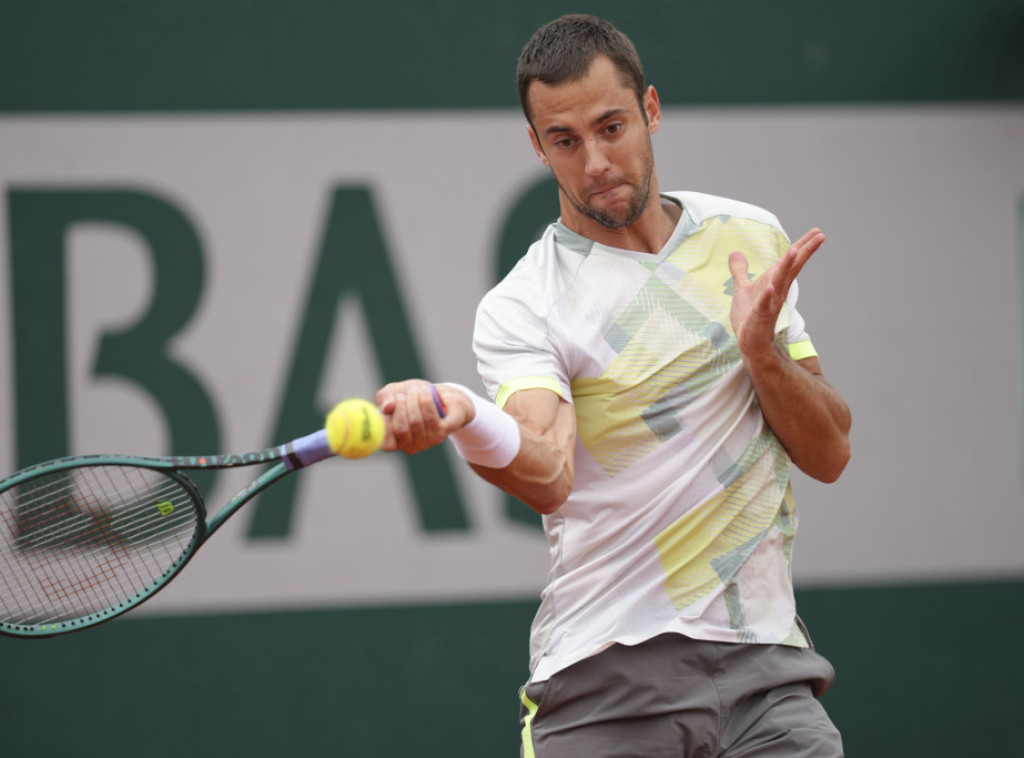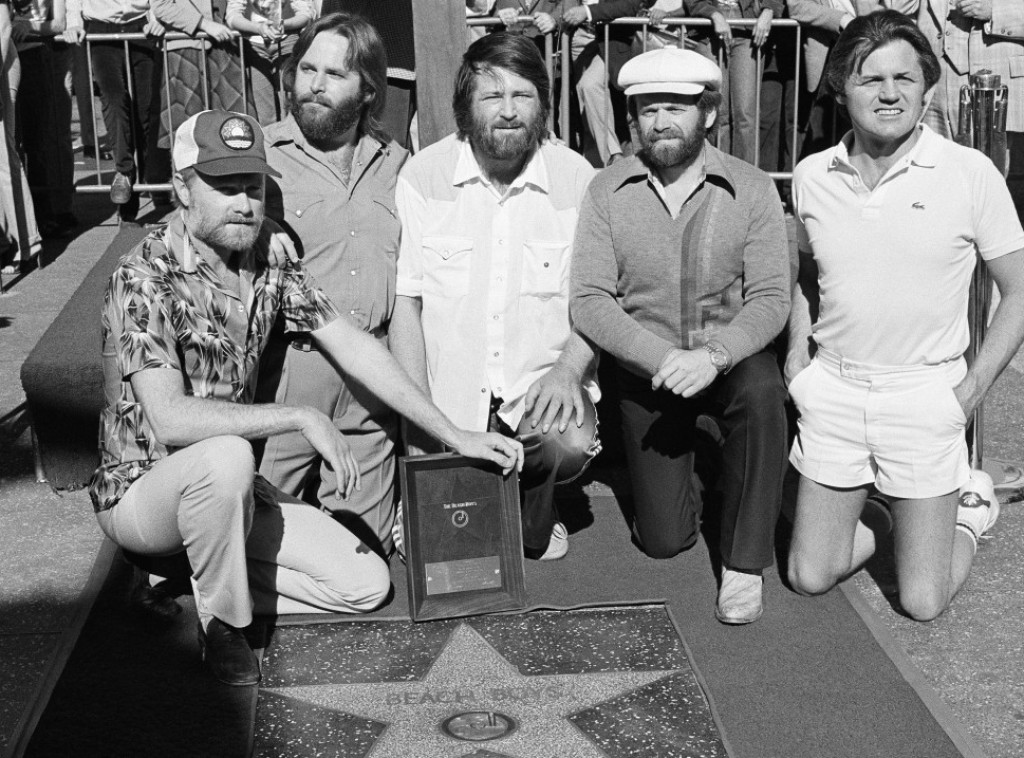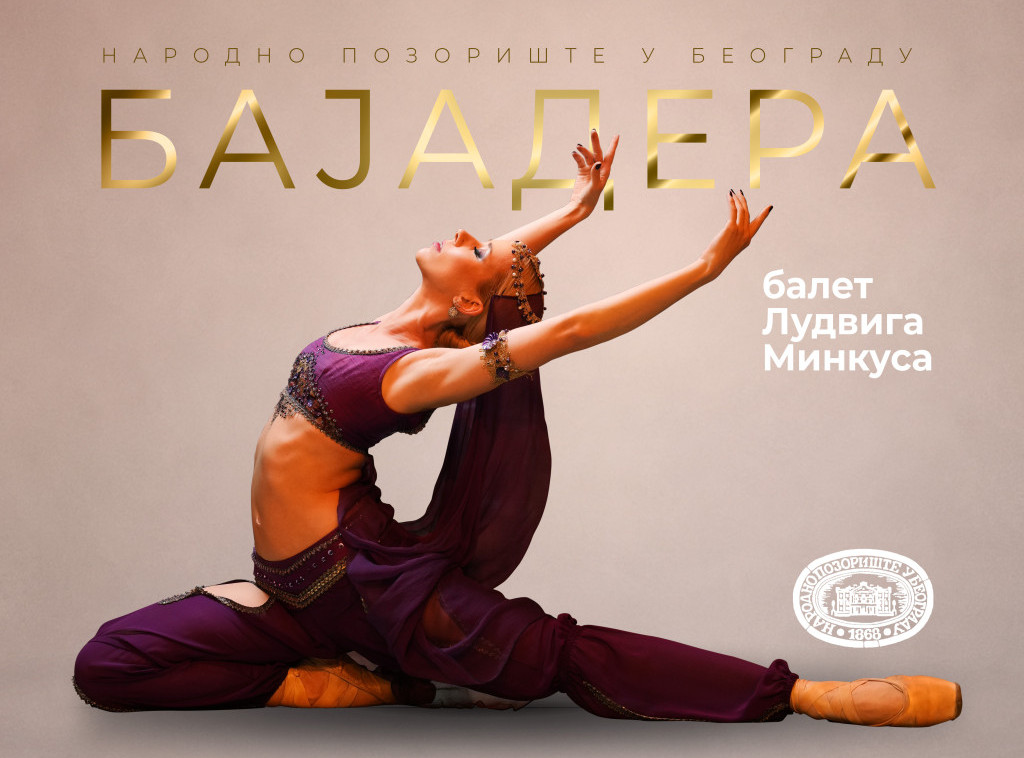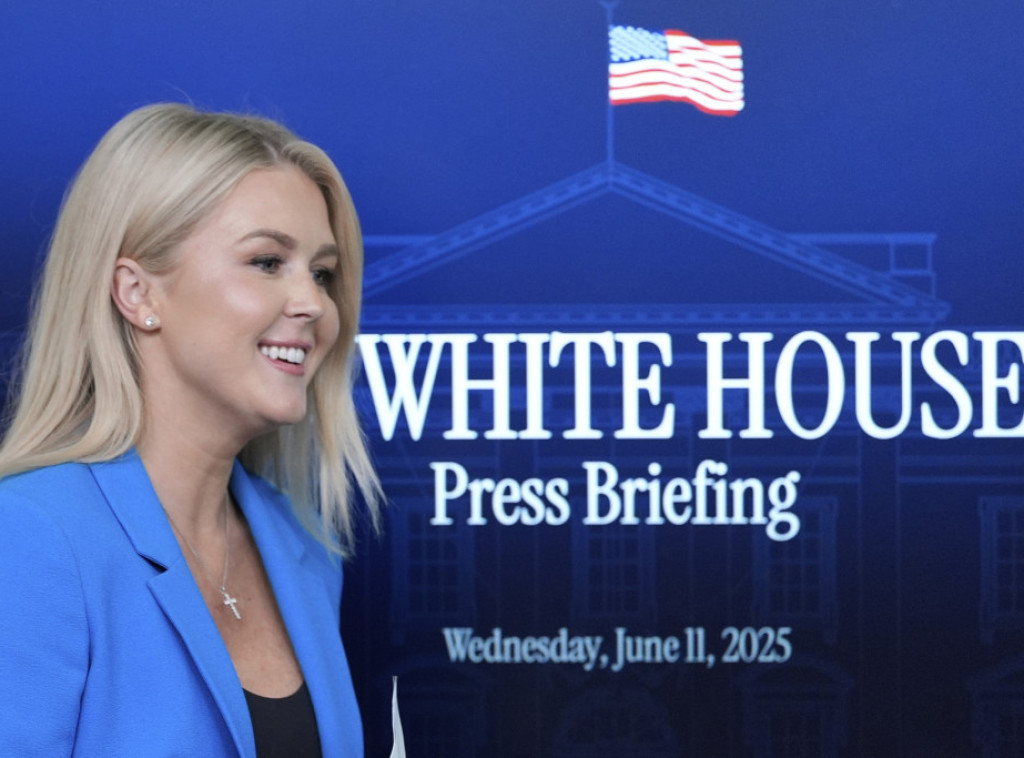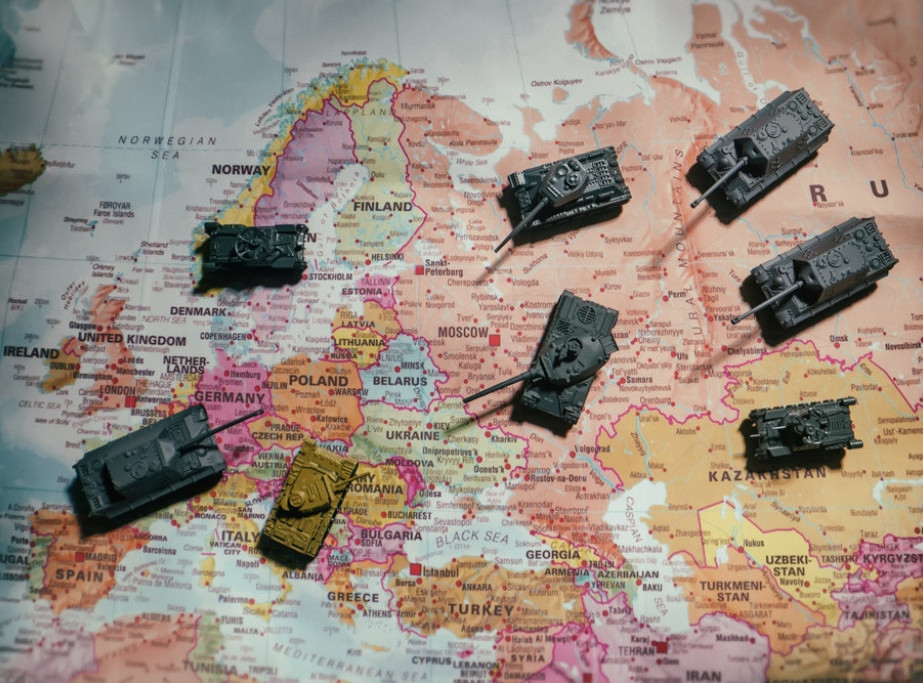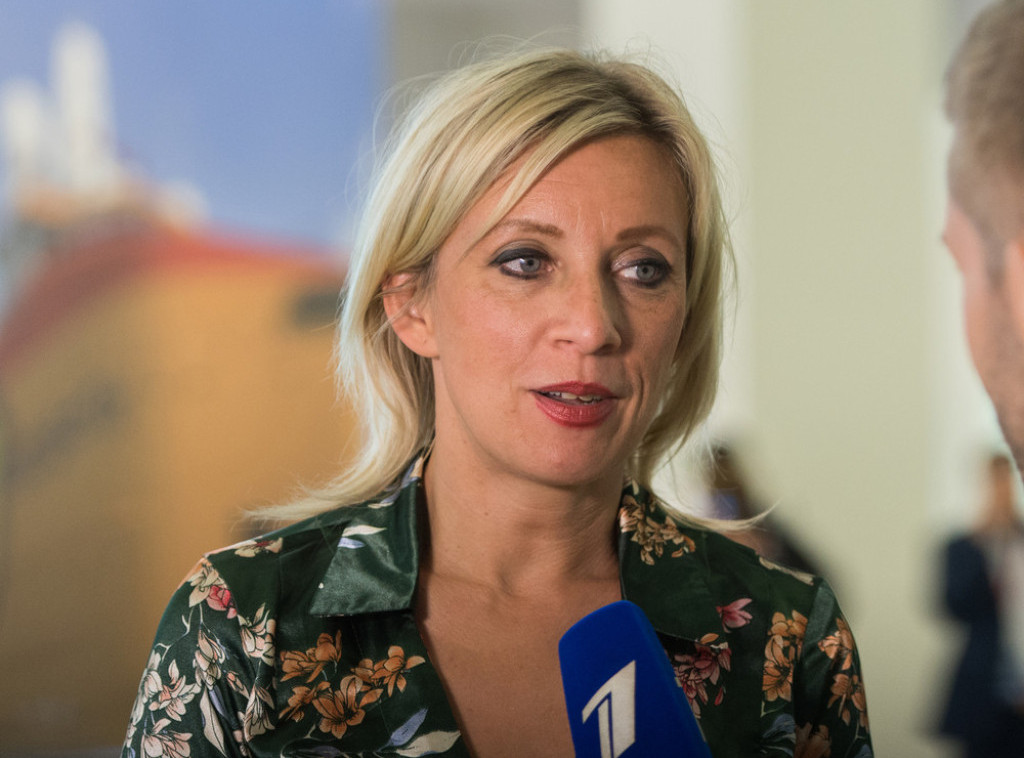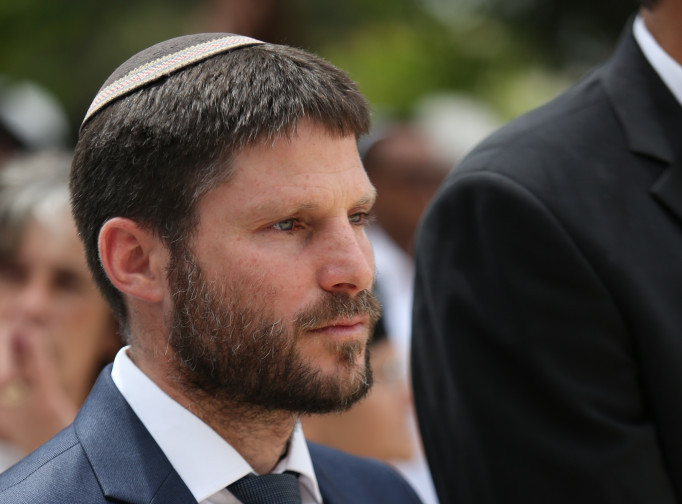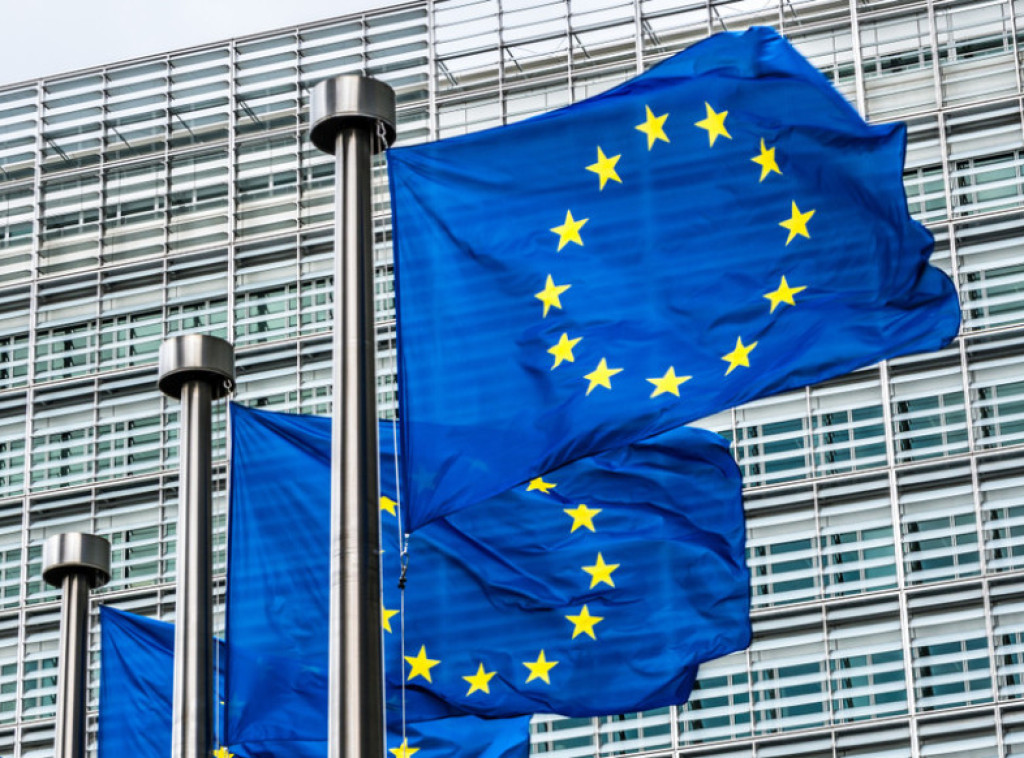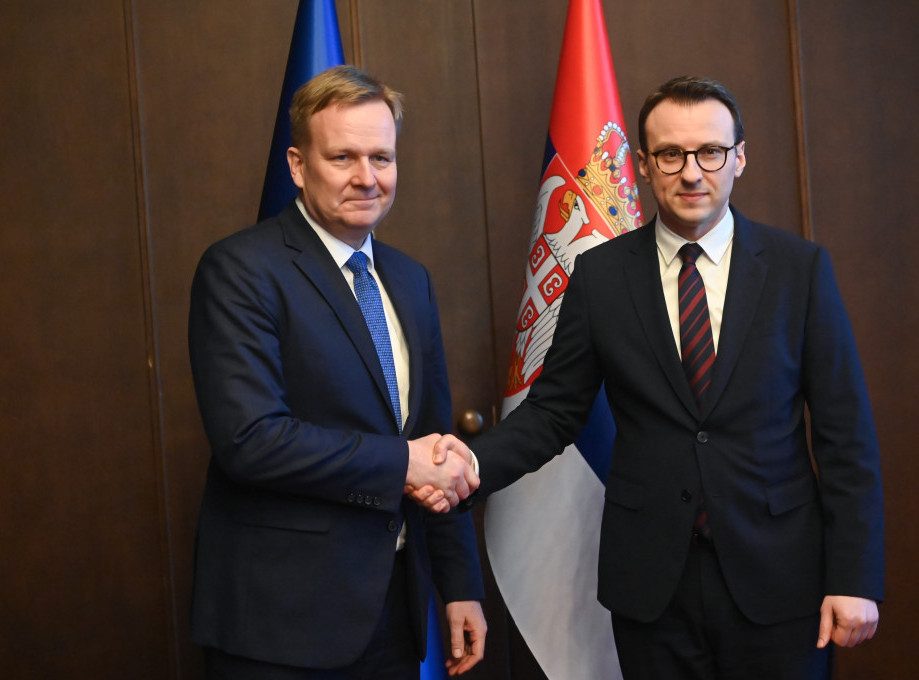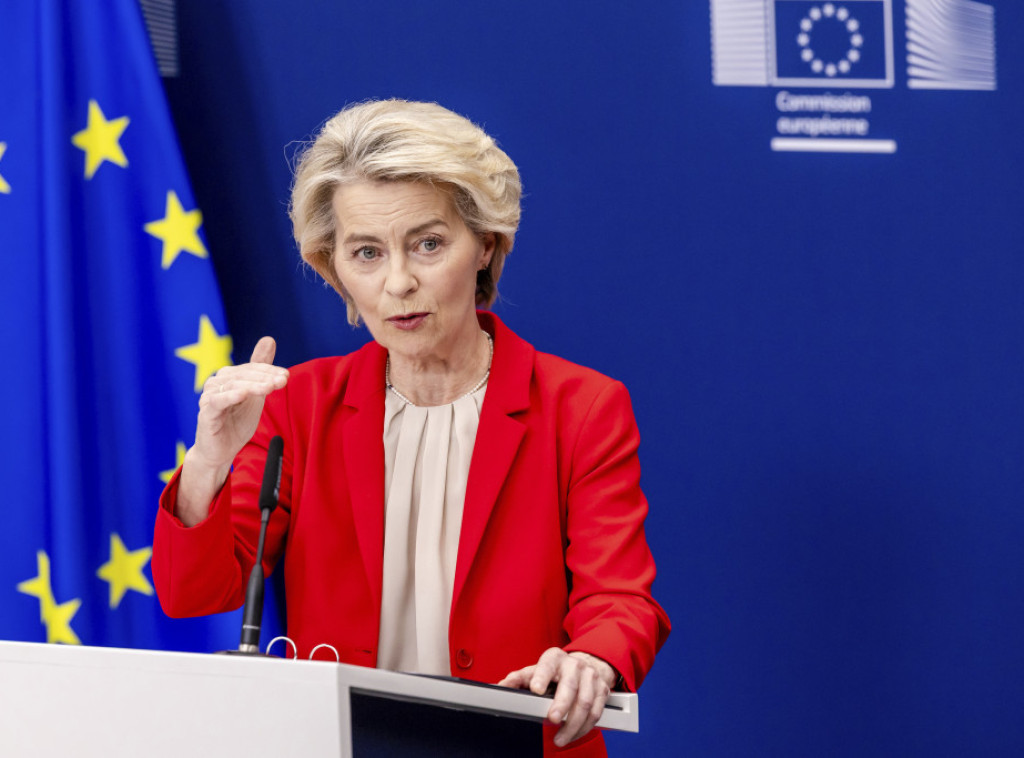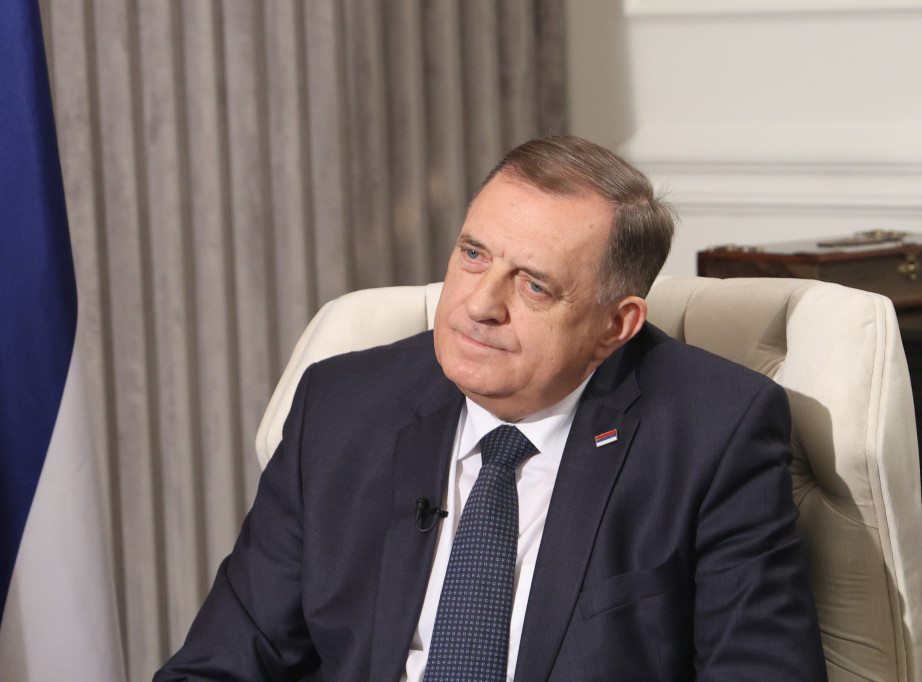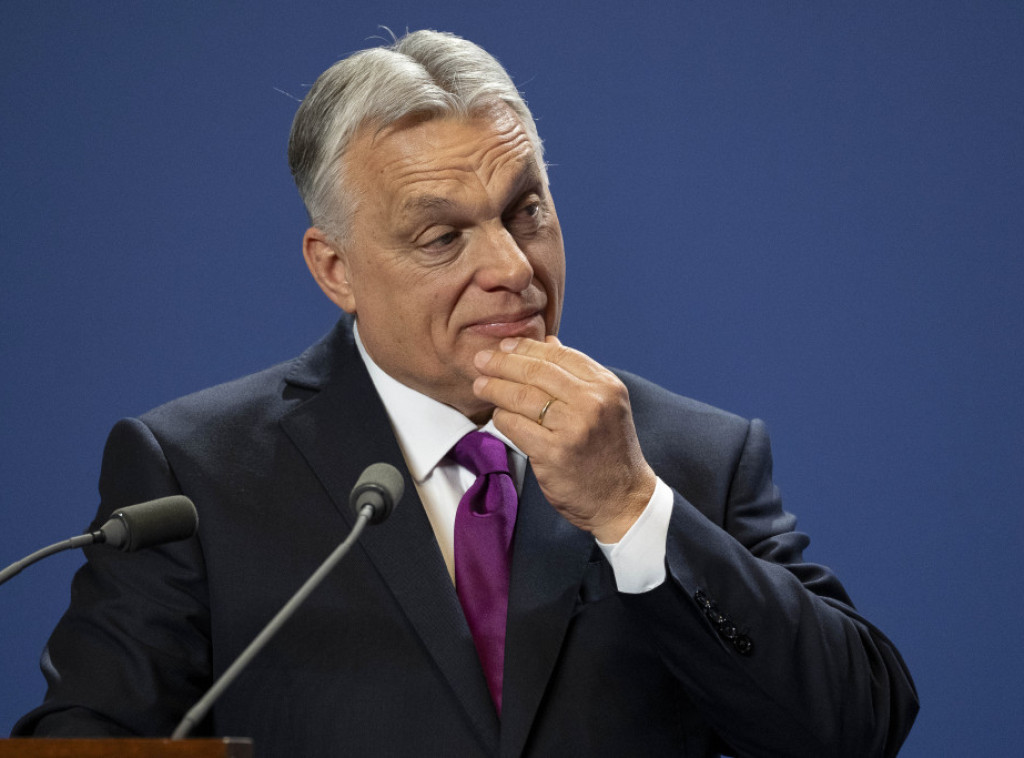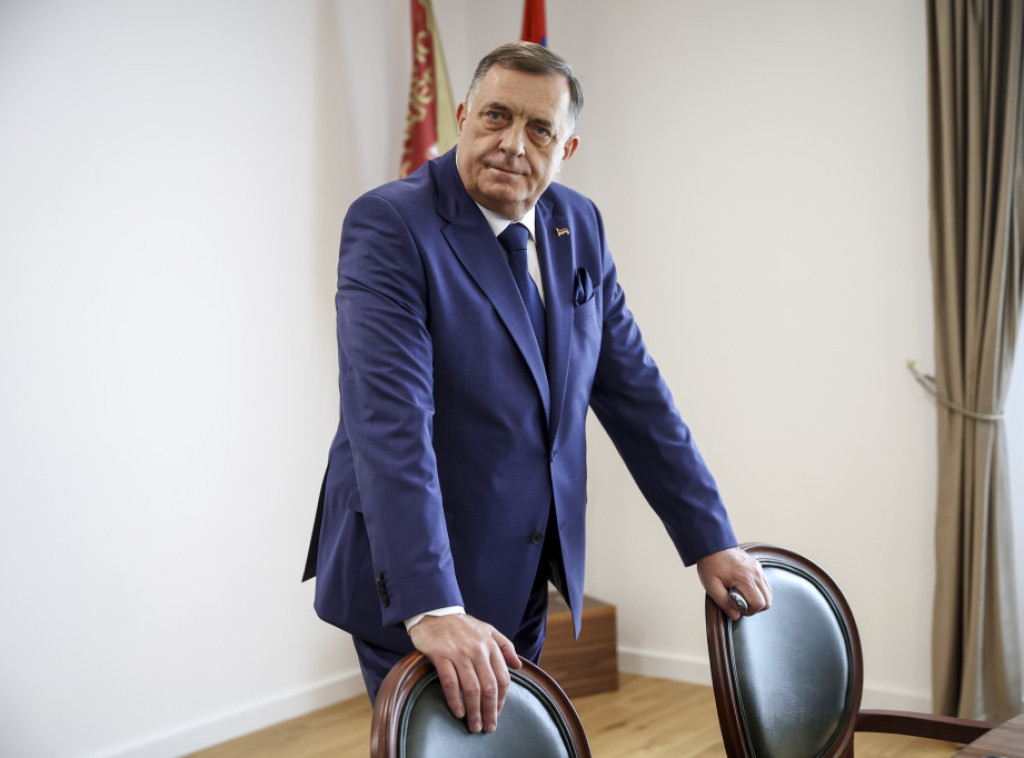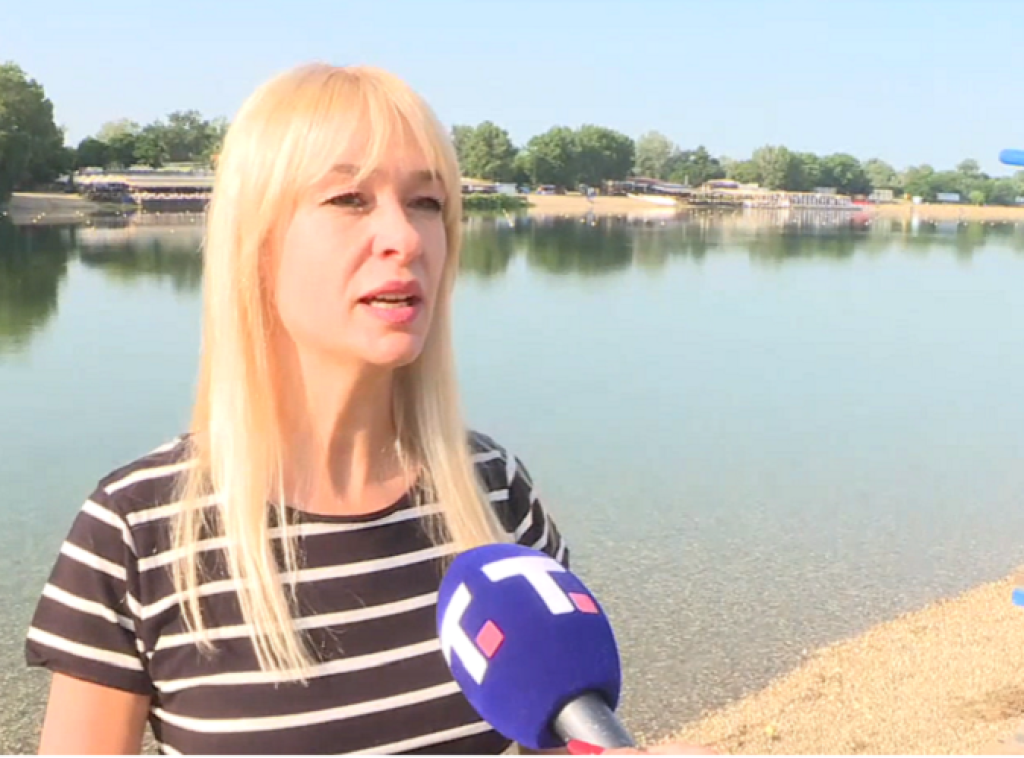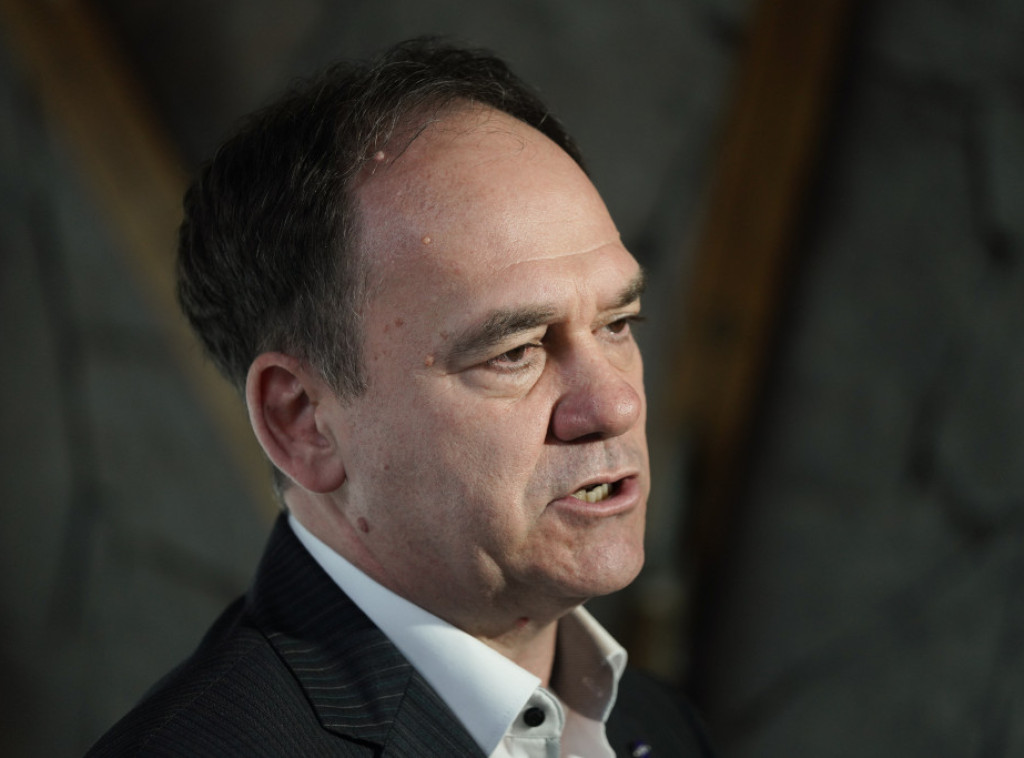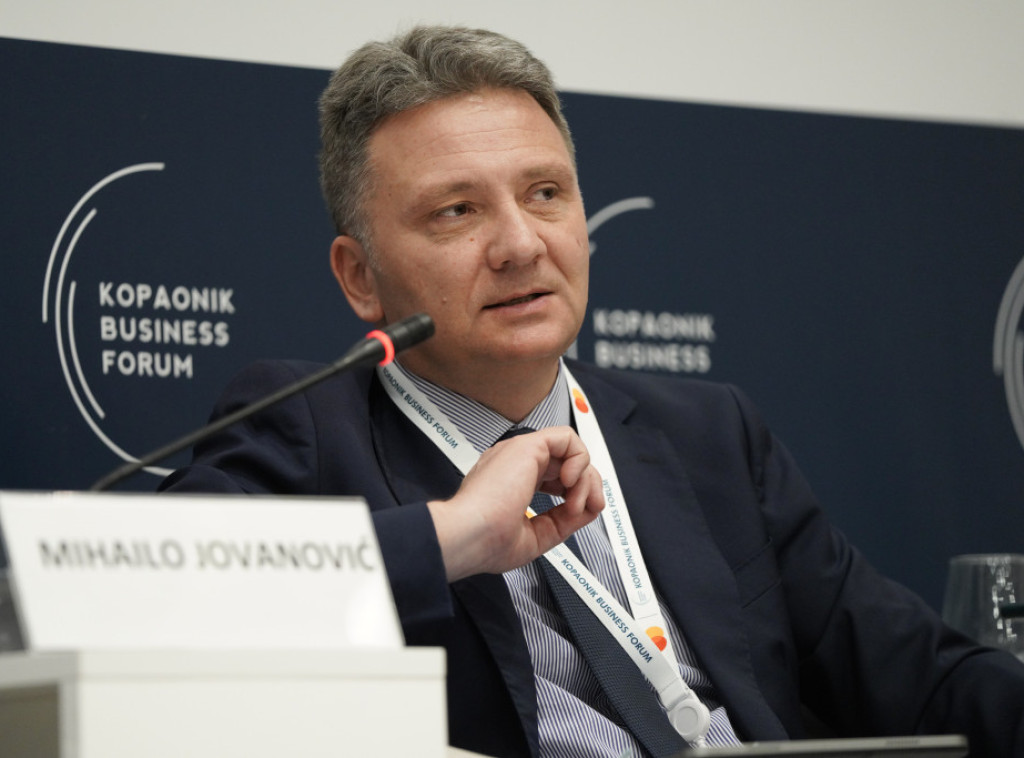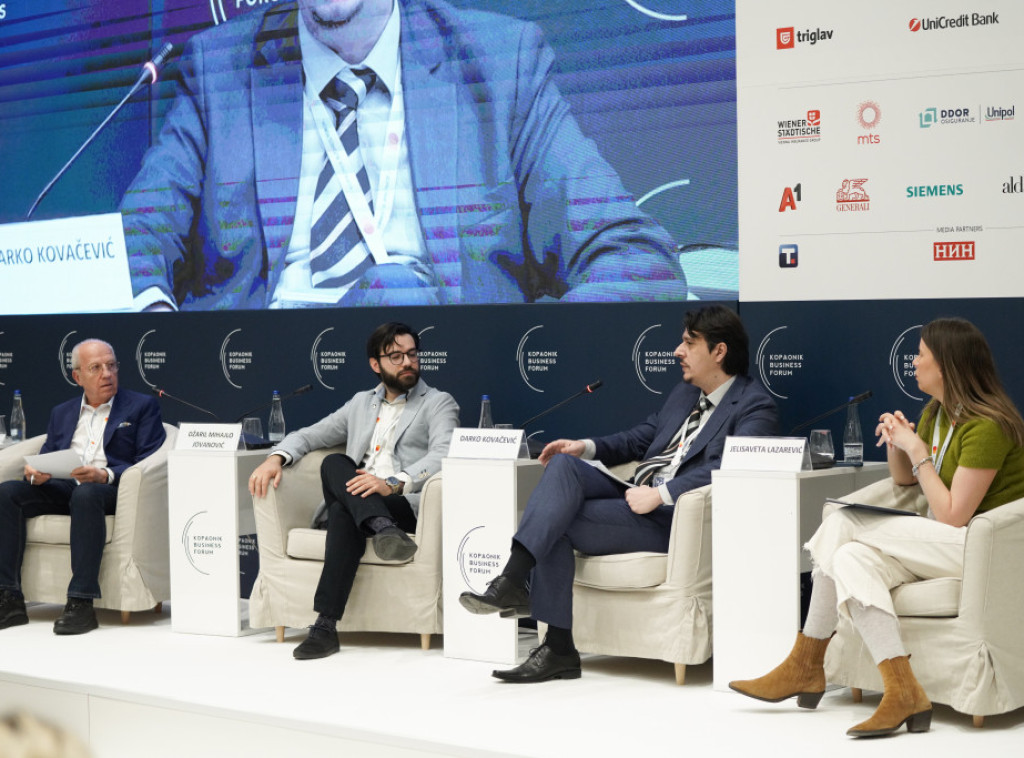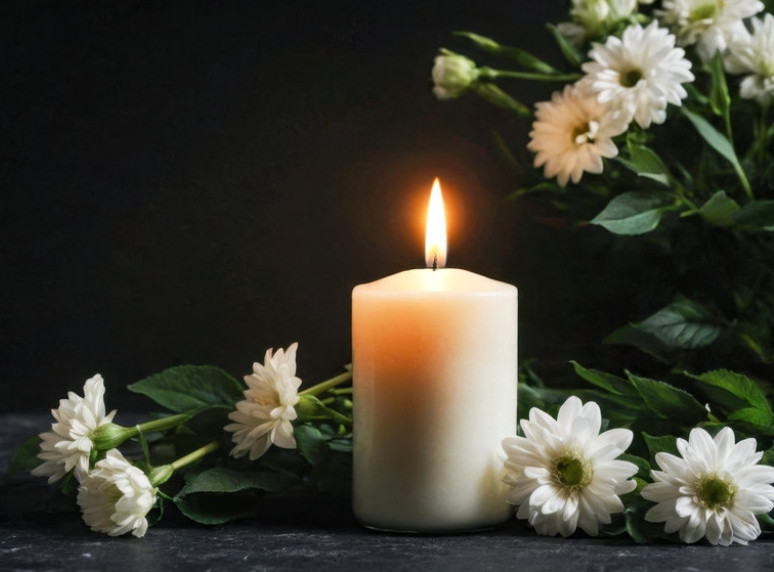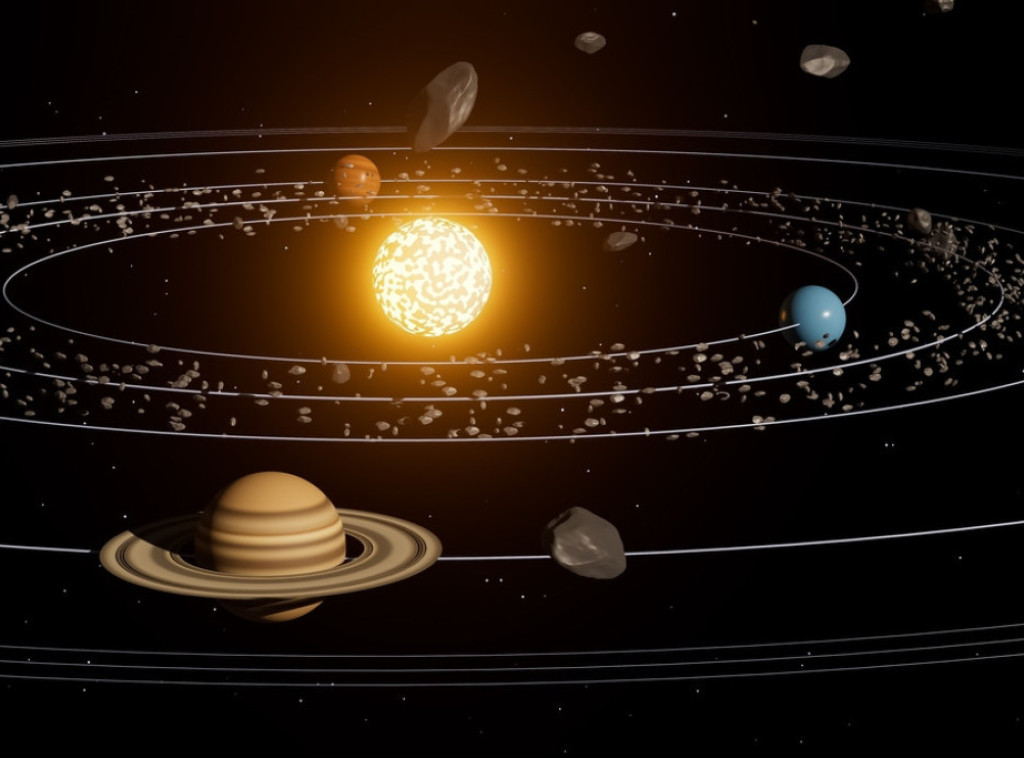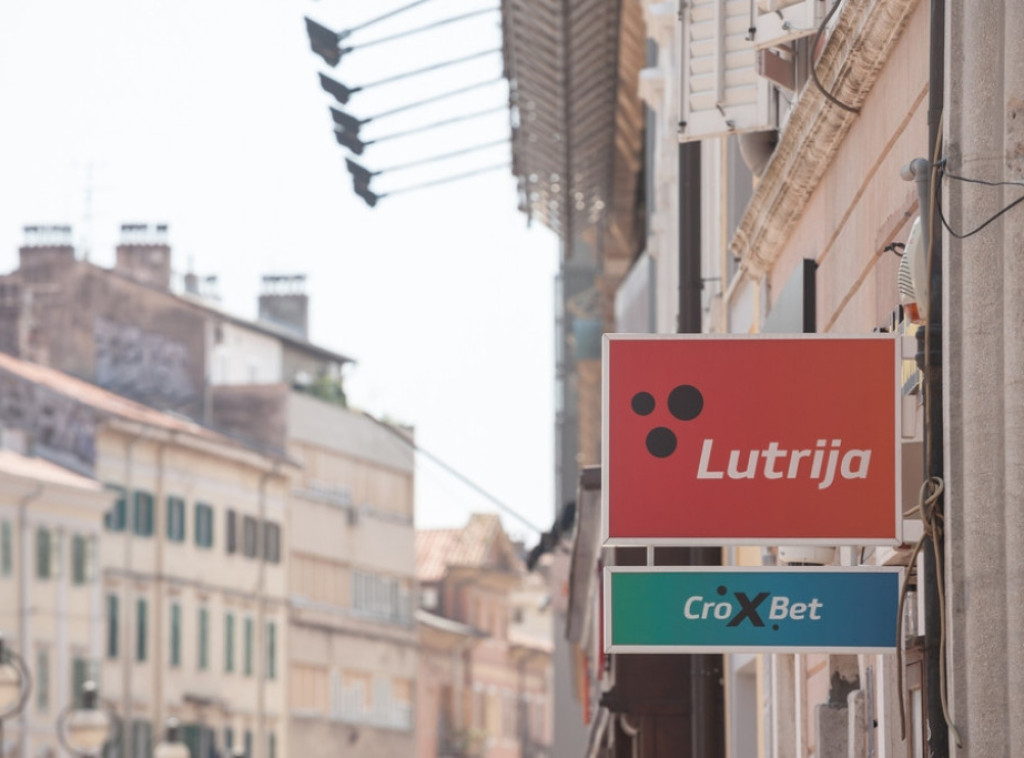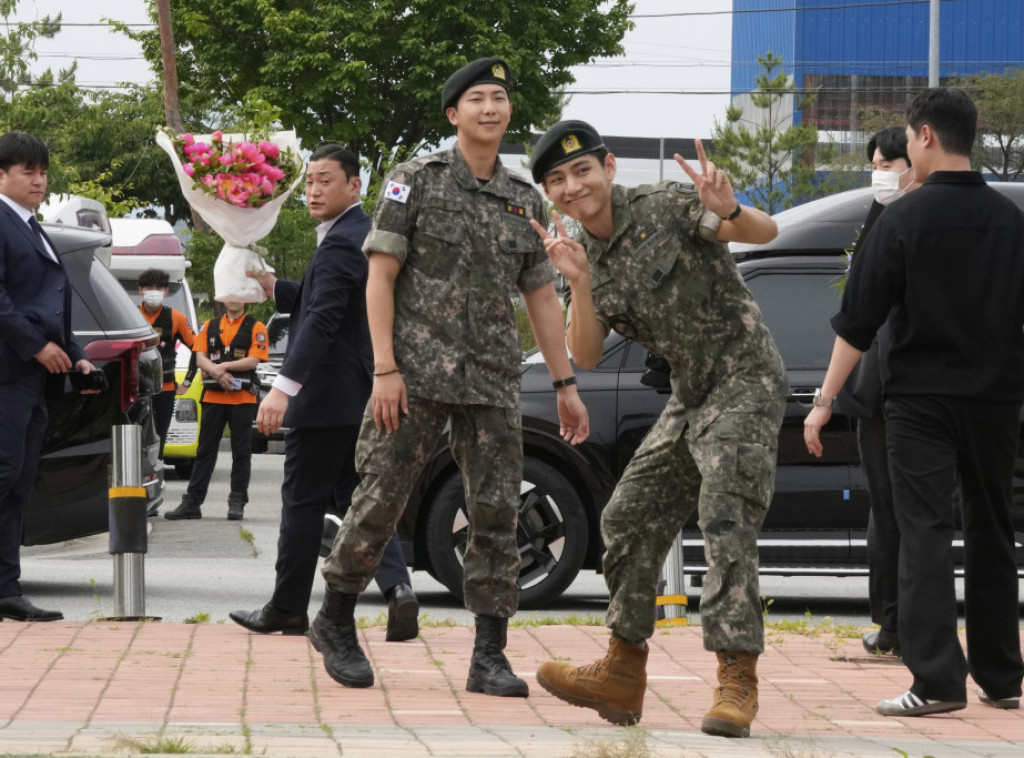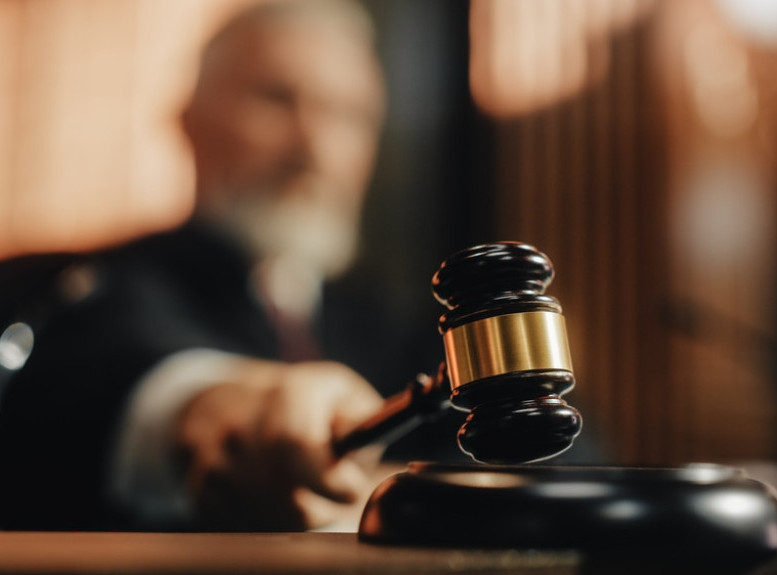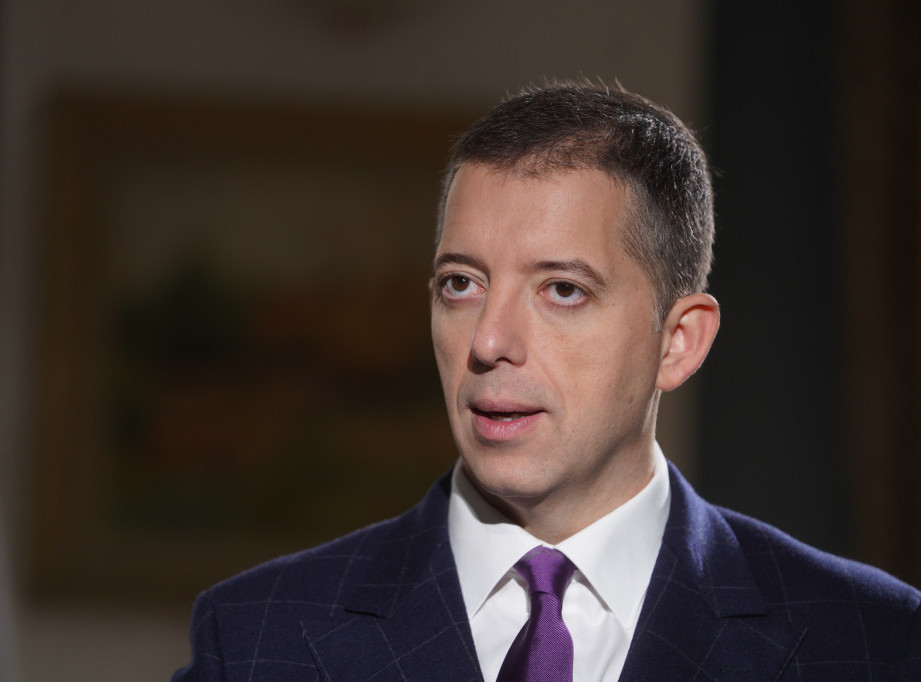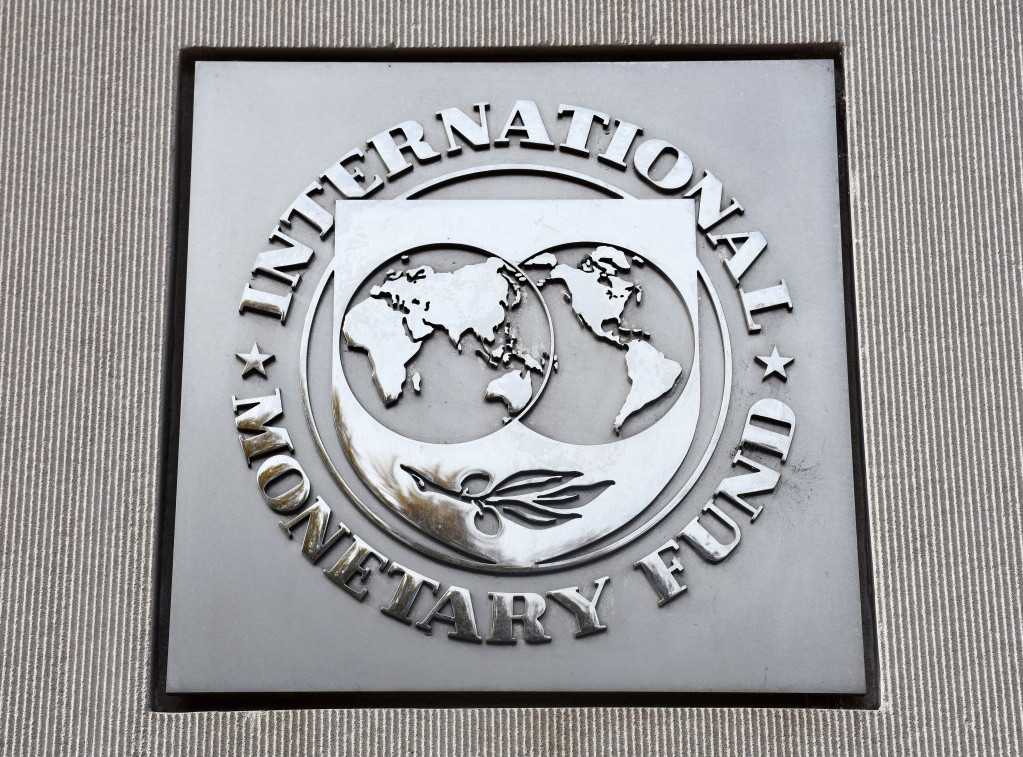The President of Republika Srpska, Milorad Dodik, was sentenced in the first instance to one year in prison for non-compliance with the decisions of the High Representative in BiH, Christian Schmidt. Dodik does not recognize the Court of BiH and considers the appeal process politically motivated and unconstitutional. His defense announced an appeal seeking to annul or amend the verdict. The verdict triggered a political crisis in Bosnia and Herzegovina, with the RS National Assembly passing illegal laws banning the operation of the Court of BiH and other state institutions in RS territory. The BiH Prosecutor’s Office launched an investigation against Dodik and other RS officials for attacking the constitutional order. The Court of BiH ordered detention for Dodik and other RS leaders, but Interpol refused to issue international warrants. Dodik and his lawyers emphasize they will respect legal procedures but do not recognize the legitimacy of the Court of BiH.
Political Perspectives:
Left: Left-leaning sources emphasize the political motivations behind the prosecution of Milorad Dodik, highlighting concerns about the legitimacy and constitutionality of the Court of BiH. They often frame Dodik’s actions as part of a broader resistance against international interference and stress the political crisis caused by the verdict and subsequent actions by the RS authorities.
Center: Centrist sources report the facts of the case, focusing on the legal proceedings against Dodik, the verdict, and the political consequences in Bosnia and Herzegovina. They present the positions of both the prosecution and the defense, noting the refusal of Dodik to recognize the court and the political tensions arising from the case, without strong bias.
Right: Right-leaning sources tend to support Dodik’s stance, portraying the Court of BiH as illegitimate and politically biased. They emphasize Dodik’s rejection of the court’s authority and frame the verdict as a politically motivated attack on Republika Srpska’s sovereignty. They often highlight Dodik’s narrative of fighting against injustice and foreign interference.


